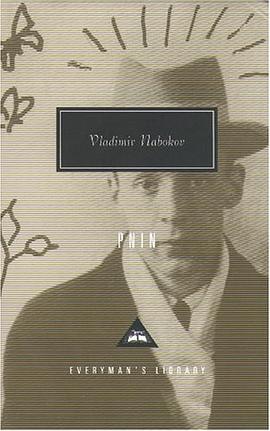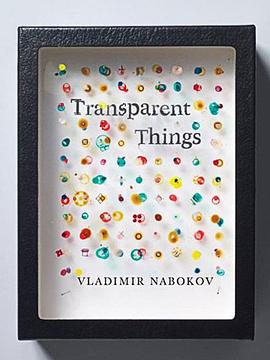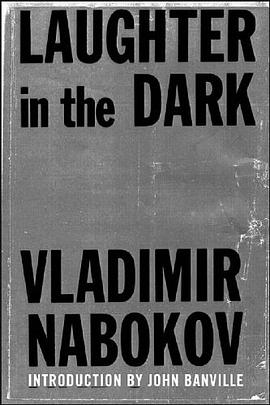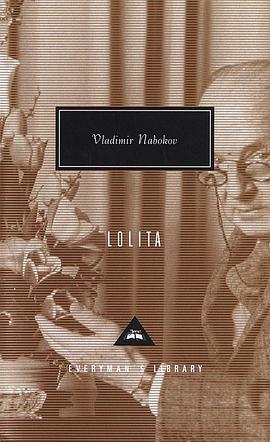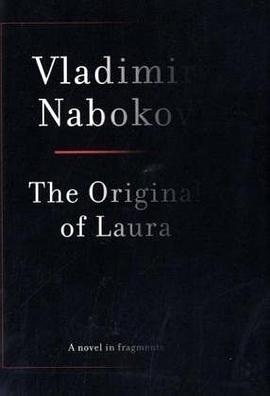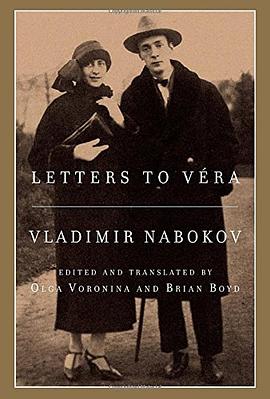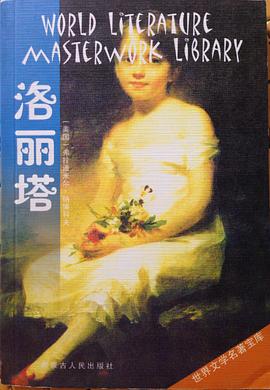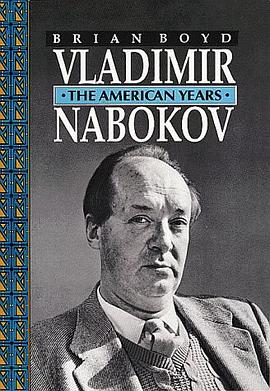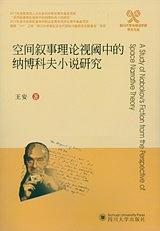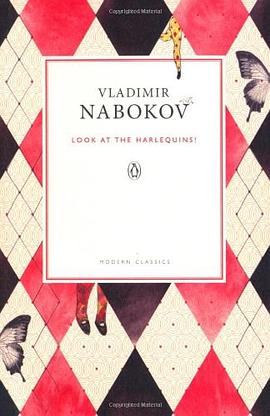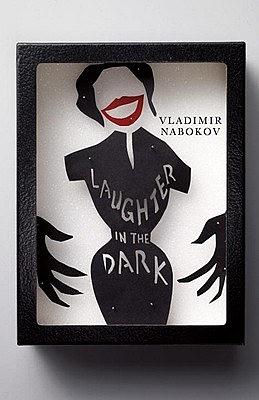

具体描述
Albinus, a respectable, middle-aged man and aspiring filmmaker, abandons his wife for a lover half his age: Margot, who wants to become a movie star herself. When Albinus introduces her to Rex, an American movie producer, disaster ensues. What emerges is an elegantly sardonic and irresistibly ironic novel of desire, deceit, and deception, a curious romance set in the film world of Berlin in the 1930s.
作者简介
Vladimir Nabokov was born on April 23, 1899, in St. Petersburg, Russia. The Nabokovs were known for their high culture and commitment to public service, and the elder Nabokov was an outspoken opponent of anti-Semitism and one of the leaders of the opposition party, the Kadets. In 1919, following the Bolshevik Revolution, he took his family into exile. Four years later he was shot and killed at a political rally in Berlin while trying to shield the speaker from right-wing assassins. The Nabokov household was trilingual, and as a child Nabokov was already reading Wells, Poe, Browning, Keats, Flaubert, Verlaine, Rimbaud, Tolstoy, and Chekhov alongside the popular entertainments of Sir Arthur Conan Doyle and Jules Verne. As a young man, he studied Slavic and romance languages at Trinity College, Cambridge, taking his honors degree in 1922. For the next 18 years he lived in Berlin and Paris, writing prolifically in Russian under the pseudonym "Sirin" and supporting himself through translations, lessons in English and tennis, and by composing the first crossword puzzles in Russian. In 1925, he married Vera Slonim, with whom he had one child, a son, Dmitri. Having already fled Russia and Germany, Nabokov became a refugee once more in 1940, when he was forced to leave France for the United States. There he taught at Wellesley, Harvard, and Cornell. He also gave up writing in Russian and began composing fiction in English. His most notable works include Bend Sinister (1947), Lolita (1955), Pnin (1957), and Pale Fire (1962), as well as the translation of his earlier Russian novels into English. He also undertook English translations of works by Lermontov and Pushkin and wrote several books of criticism. Vladimir Nabokov died in Montreux, Switzerland, in 1977.
目录信息
读后感
评分
评分
评分
评分
用户评价
巧合就是,一个人十年前在海里丢了一颗钻石袖扣,十年后的同一天当他在吃一条鱼的时候,鱼肚子里什么也没有。morbid sensitivity and sense of humour。Albinus在被年轻的情妇和她那病态讥诮的情人软禁之前就已经是一个“瞎子”了。Fools are those who love but not loved in return
评分巧合就是,一个人十年前在海里丢了一颗钻石袖扣,十年后的同一天当他在吃一条鱼的时候,鱼肚子里什么也没有。morbid sensitivity and sense of humour。Albinus在被年轻的情妇和她那病态讥诮的情人软禁之前就已经是一个“瞎子”了。Fools are those who love but not loved in return
评分太恶意了
评分albinus is a crowd.
评分丑陋、无情
相关图书
本站所有内容均为互联网搜索引擎提供的公开搜索信息,本站不存储任何数据与内容,任何内容与数据均与本站无关,如有需要请联系相关搜索引擎包括但不限于百度,google,bing,sogou 等
© 2026 book.quotespace.org All Rights Reserved. 小美书屋 版权所有




